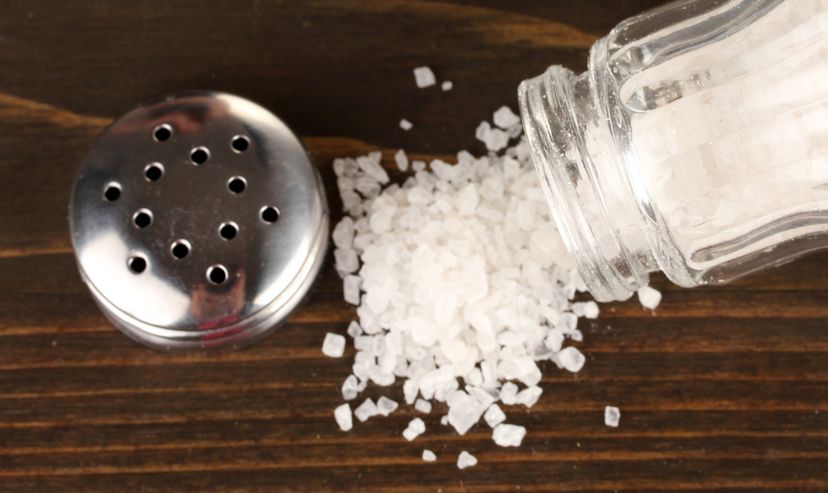Every culture has myths and stories that revolve around the common elements of life, and salt is no exception. Throughout history, salt isn't just a seasoning, but a deeply significant symbol.
In Slavic mythology, for example, there's a well-known tale about a father who asks his daughters how much they love him. While the first two liken their love to gold and diamonds, the youngest says she loves him as much as salt. Mistaking her words for disrespect, he banishes her. Only when he's forced to eat food without salt does he understand her sentiment, realizing that love, much like salt, is a fundamental essence of life.
African folktales, too, frequently involve salt as a metaphor for wisdom or the trials of life. Spilling or wasting it in these stories is often linked to ignorance or the misfortunes of the protagonist.



